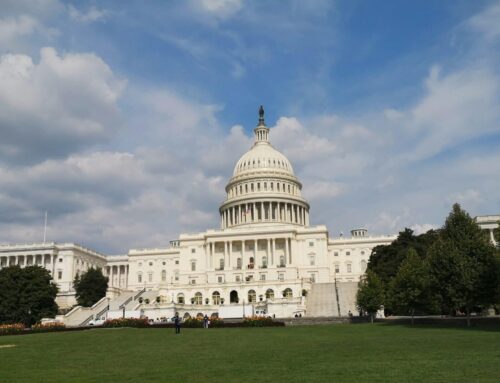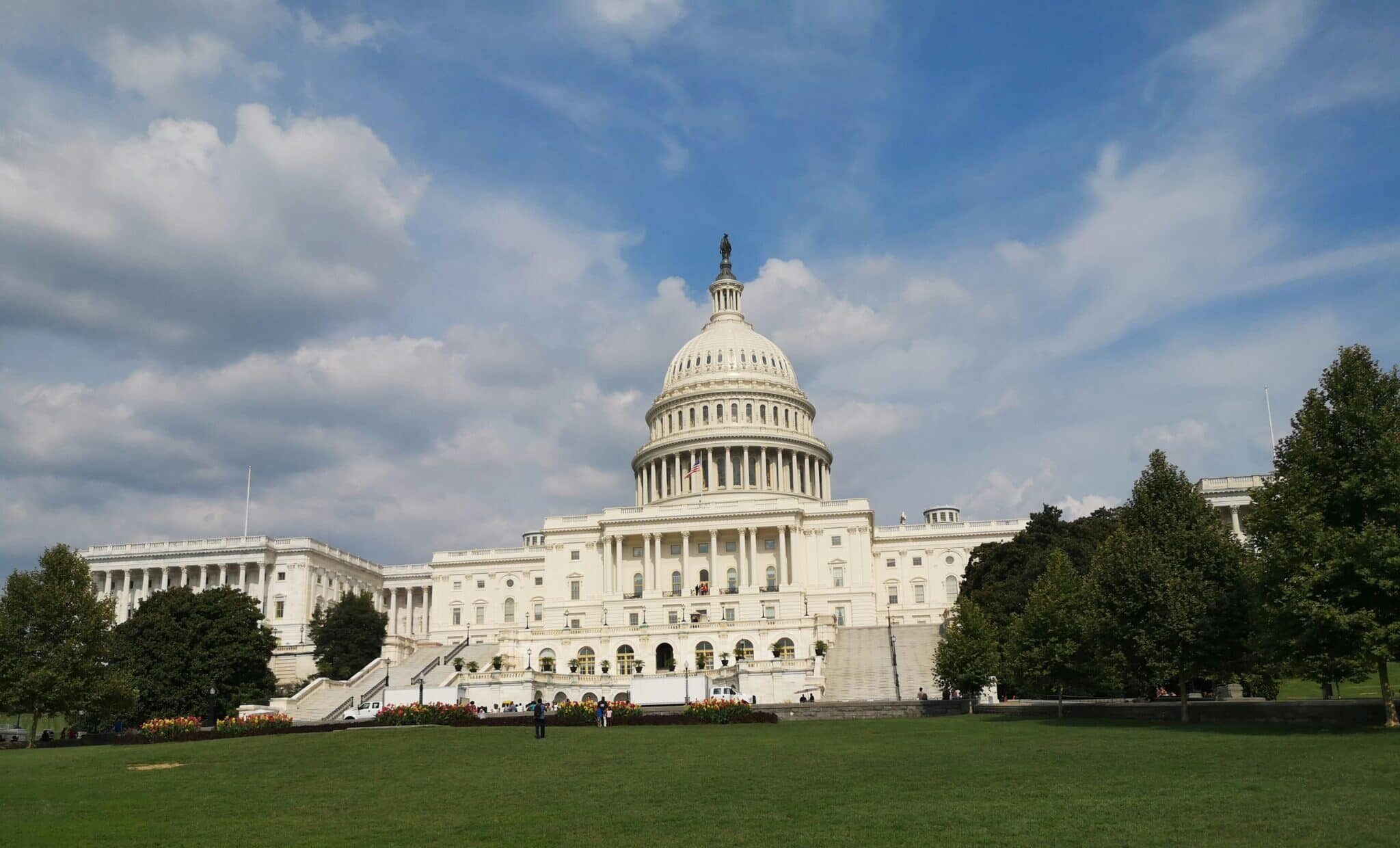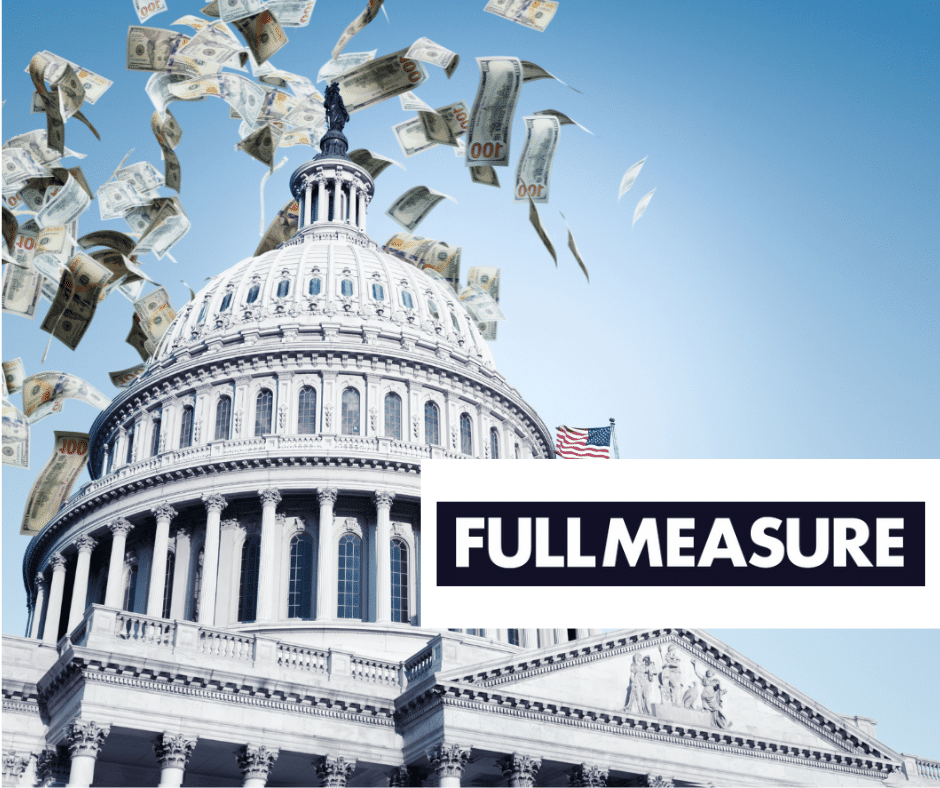Despite a billion dollar taxpayer investment and years of commitment by the Department of Energy (DOE), in a United States Energy Association briefing yesterday, Kenneth Humphreys, CEO of the FutureGen Alliance, said the FutureGen 2.0 project is currently 6-7 months behind schedule.
In early October, the most recent FutureGen partner—Ameren Corporation—announced it would withdraw from the project, taking with it its Meredosia plant which was to provide power and CO2 generation for the FutureGen project. This turmoil dealt DOE's FutureGen initiative another major setback but Ameren has since agreed to provide future permitting assistance and a letter of intent to purchase the Meredosia plant has already been signed by both Ameren and the FutureGen Alliance.
Since 2004, taxpayers have provided the FutureGen project with significant federal support, the latest and most significant of which is an installment from the American Recovery and Reinvestment Act of 2009 (ARRA) where taxpayers were forced to pony up $1 billion. But, not surprisingly, what looked like a bad investment originally has grown to be even worse in the years since ARRA’s passage.
During the presentation, Humphreys noted full commercialization of the retrofitted Meredosia plant is now expected to be in 2016. This raises the question of whether the $1 billion in federal stimulus money currently being provided by the Department of Energy will be available—since all ARRA funding expires in 2015. Humphreys said the FutureGen Alliance and DOE are working to develop a spending plan that would ensure the full amount of federal support would be exhausted prior to the 2015 expiration.
Over the last three decades, 'clean coal' projects have largely proven to be unsuccessful and costly to the American taxpayer. Since its redesign in 2010, the FutureGen project has attracted more federal funding than any other large-scale 'clean coal' project in the world. But in these tight budgetary times, creating plans to exhaust taxpayers' money into a project that has dramatically changed on numerous occasions within its eight years of existence — and at one point, being outright canceled—is just plain fiscal recklessness. If the FutureGen project is to continue moving forward, the well-established financial partners should bear the majority of project costs and risk, not the American taxpayer.
For more information, please contact Autumn Hanna at (202) 546-8500 or autumn[at]taxpayer.net.










